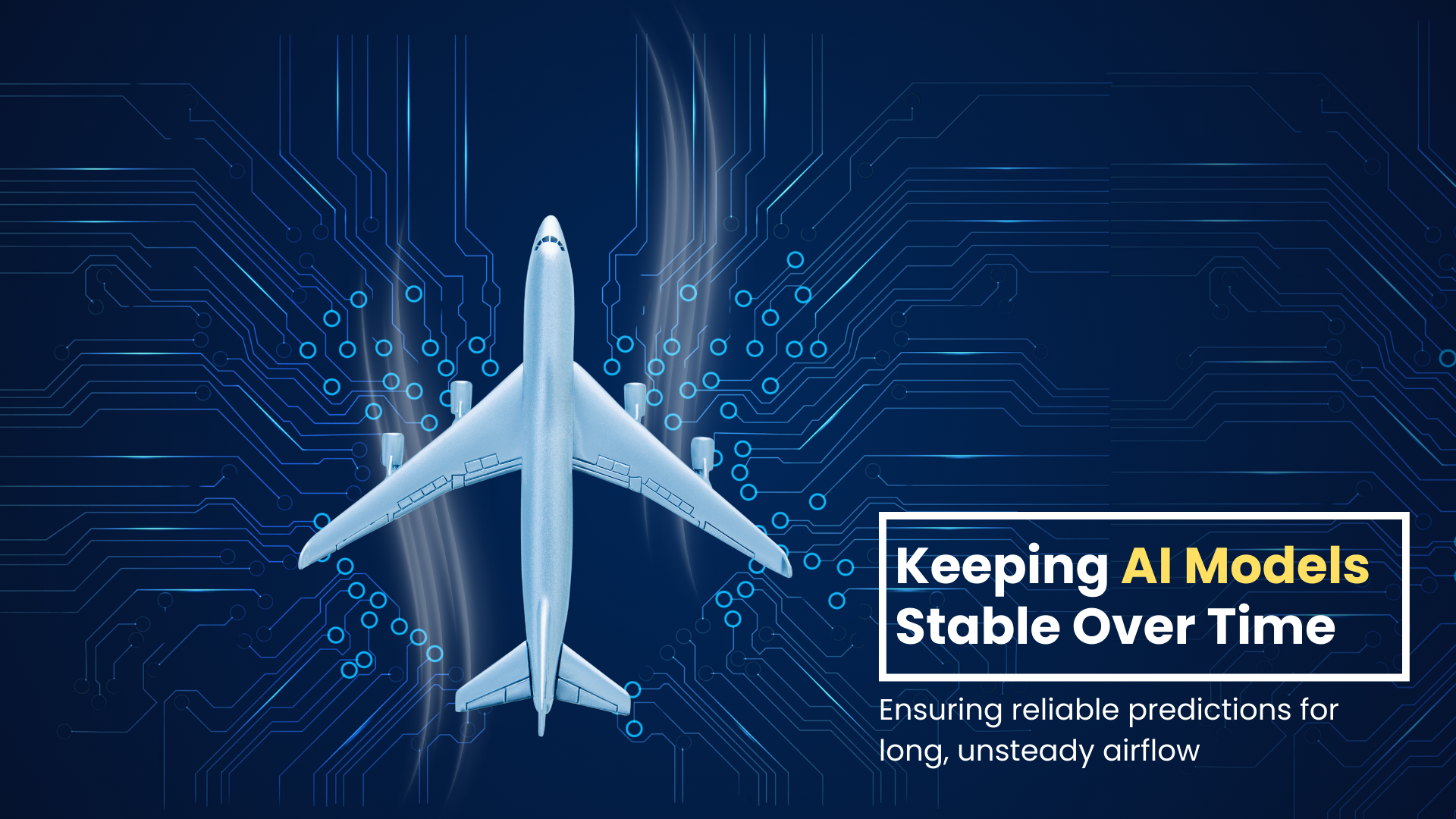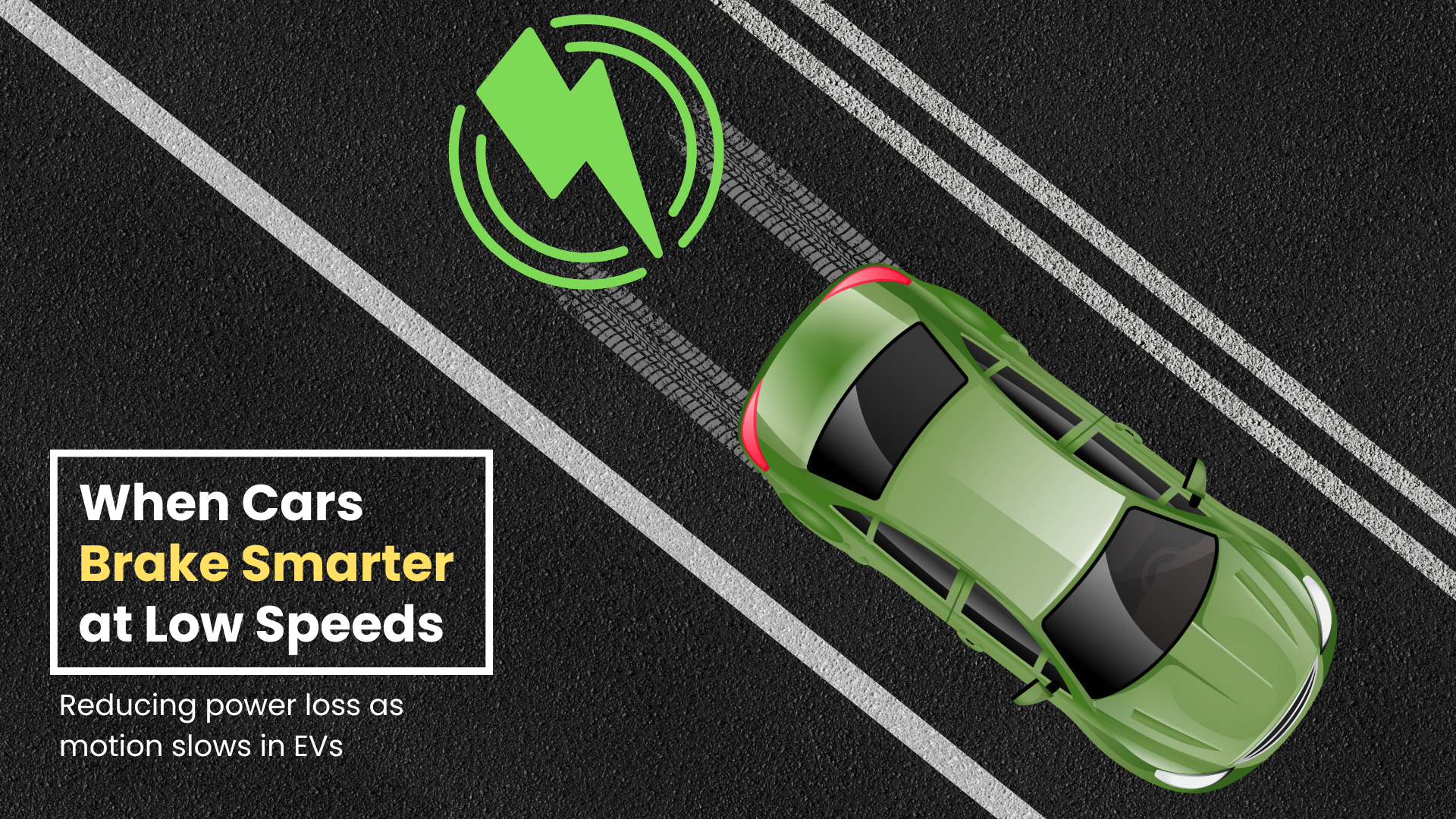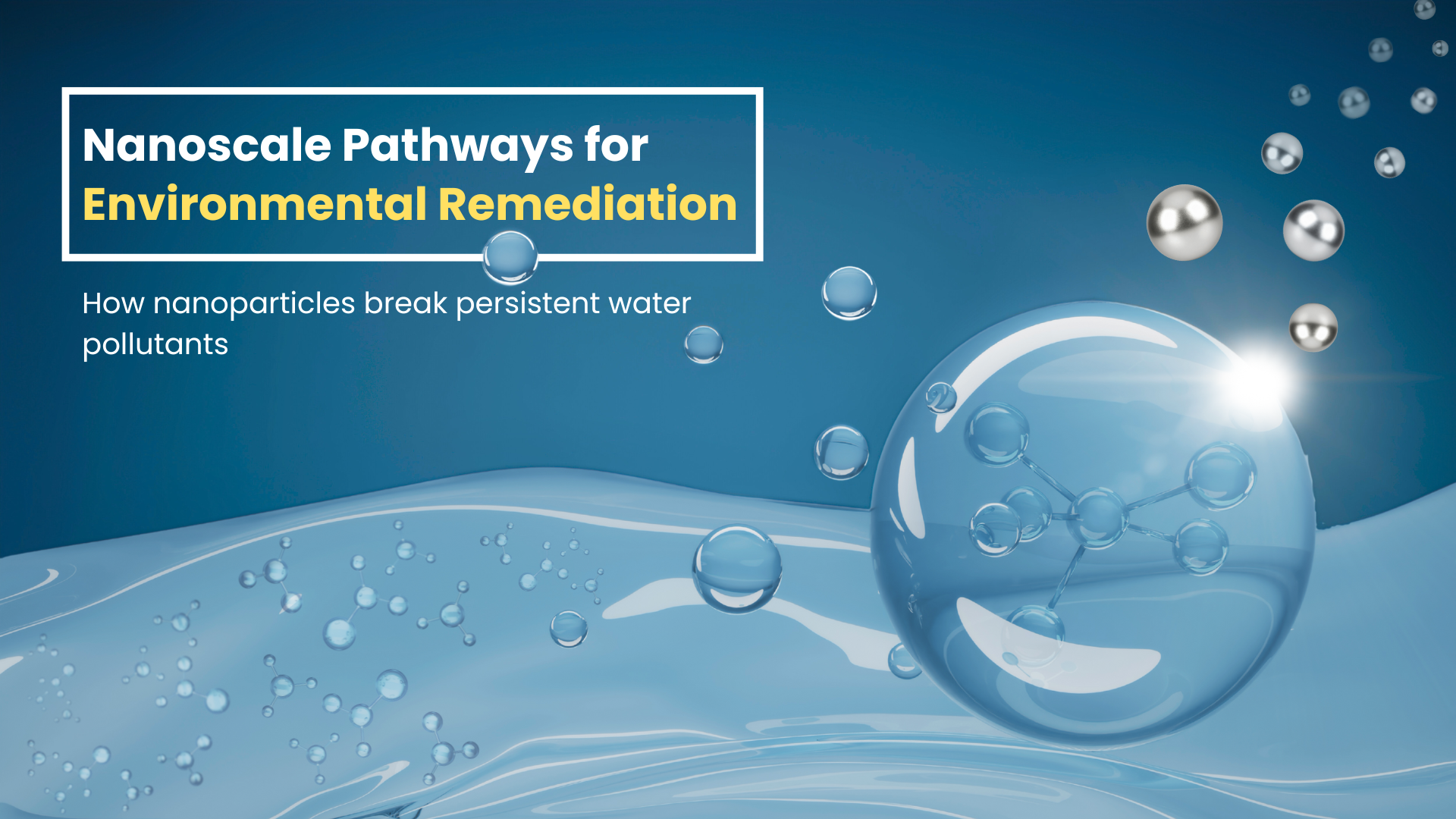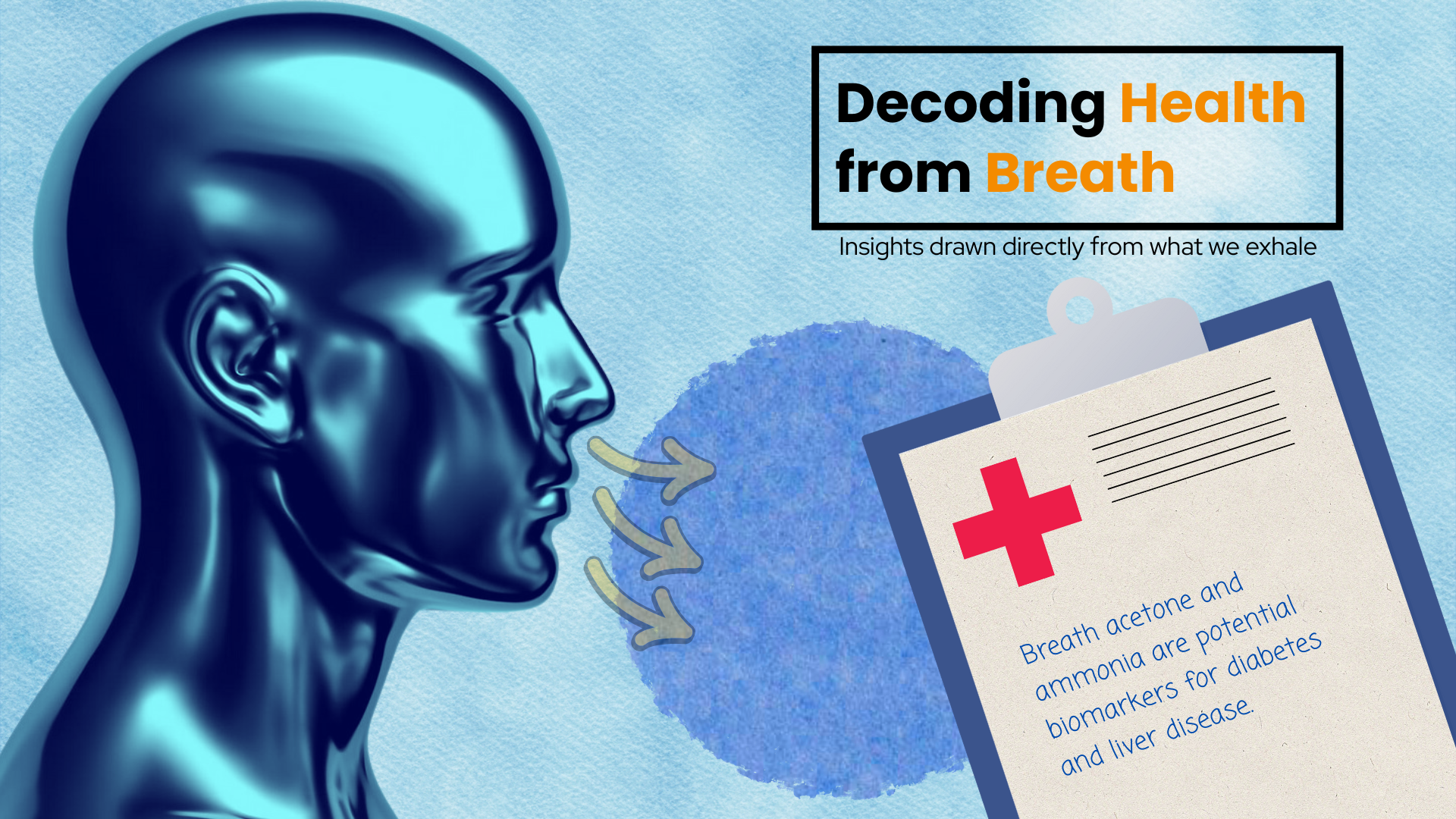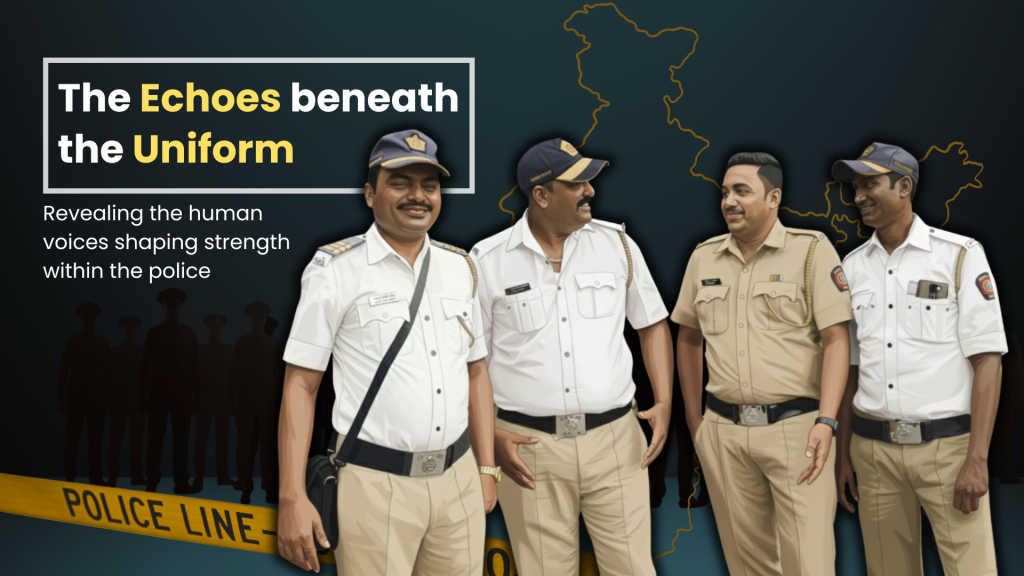
We all see police officers as tough people who never smile, or have feelings like us ordinary folk. But guess what? Police officers are human too.
Police work is one of the most stressful of jobs. Not only do they have to uphold the law, they also have to cultivate trust within the community. Police officers face a multitude of professional, organizational, and personal pressures, rendering their occupation as one of the most inherently stressful.
The operational challenges faced by the Indian Police are compounded by an administrative framework that is inherently bureaucratic, deeply hierarchical, and reliant on a strict chain of command. In addition, rising public expectations and fierce social media scrutiny further compound these challenges. In spite of all these issues, studies on successful coping mechanisms are few, particularly in India.
The answer to these problems seems too simple and obvious – police officers just need to speak up. Studies note that employee voice – sharing of ideas, opinions, and concerns – abate stress.
However, although the concept of voicing seems rather straightforward, there are reasons why some police officers hesitate to do so. Firstly, voicing up is usually discouraged among police personnel. Hierarchy enforced fear of reprisal or being disregarded can prevent lower-ranking officials from voicing. Secondly, individual motives such as status seeking can influence the effect of voice on stress.

In this study, the authors Dr. Nabila Khan from Human Resource Management, Indian Institute of Management (IIM), Lucknow, India, and Prof. Kandaswamy Paramasivan and Dr. Lata Dyaram from the Department of Management Studies, Indian Institute of Technology (IIT) Madras, Chennai, India [Prof. Kandaswamy Paramasivan is also affiliated with the Department of Computational Intelligence, SRM Institute of Science and Technology (Deemed to be University), Kattankulathur, India], address how voice could assist Tamil Nadu police officers regulate stress at work.
In this research, two studies were done. In the first study, a sample of 152 personnel from the Directorate of Vigilance and Anti-Corruption (DVAC), which is a smaller specialized investigative agency, was taken and utilized for analysis. In the second study, a sample of 554 volunteers from the Tamil Nadu Police Department (TNPD) was taken and analysed. The scales of all measured variables in both the studies were standardized to a 5-pont scale using the standard IBM SPSS formula, which is a statistical software suite developed by IBM.
The study found that the benefits of speaking up depended on the person’s “status-motive.” In DVAC, people with a low status-motive (who were not very concerned about their prestige or respect) found it more beneficial to voice their opinions. Conversely, in TNPD, people with a high status-motive (who strongly desired to maintain their standing) found that speaking up helped them relieve stress. The contrast in both cases could be attributed to the different working organization of DVAC and TNPD. DVAC has fixed office working hours, while TNPD personnel have to be on call 24/7, contributing to increased stress for the latter. DVAC focuses more on mental work, while TNPD duties involve physical work.
Contrary to previous research, the findings of this study show that voice can mitigate workplace stress for police personnel. But because of hierarchy in the police force in India, employee voice might be associated with increased stress owing to the power-distance based cultural connotations. Status motives also have the potential to cause stress.
The current research holds crucial policy implications for the well-being of police officers in Tamil Nadu, India. Individual coping techniques, such as voice behaviour, must be investigated rather than siloed top-down measures. An inclusive work environment is needed, with an emphasis on open communication and employee involvement. This strategy will not only relieve stress, but also improve cooperation, support, energy, and productivity.
Future work could be extended to individuals from different professional backgrounds and organizational levels in other departments of the government. The views of authority figures could also help better understand the relationship between vocal expression and stress in supervisory dynamics.
Mr Shankar Jiwal IPS (retd) formerly Commissioner of Police, Chennai and DGP, Head of Police Force, Tamil Nadu, Chennai, gave his analysis and appreciated the work done by the authors with the following comments: “The strength of a study lies in the process adopted and the questionnaires. The study has relied on the matrix of employee voice, leader-member exchange, status motive, workplace stress and psychological safety for analysing the workplace stress of police personnel. The samples are aptly drawn from two different segment of policemen – one from a specialized line of work, and other the generalized one.
The questions adopted are appropriate, as applicable to a complex study, broken into possible simple resolutions. Thus, the responses for these are bound to be closer to fact and bereft of noise. This foundation, followed by systematic application of models led the study to results that are applicable to the real-world scenario of policemen.”
Article by Akshay Anantharaman
Click here for the original link to the paper

